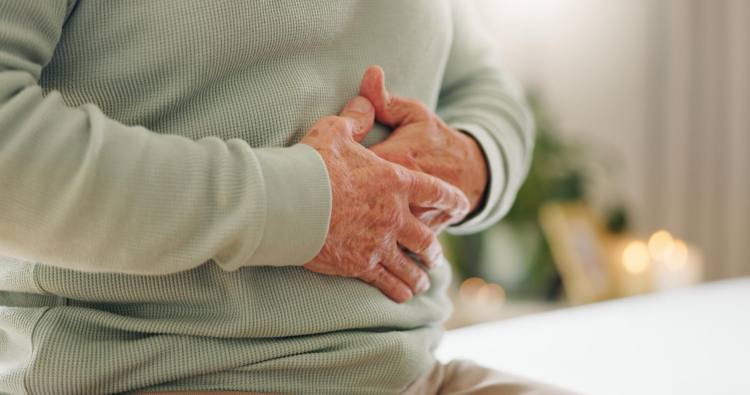What are food allergies?
Food allergies are characterized by an adverse reaction by our bodies, which can be like a physical shock, to a specific food. The immune system protects itself by emitting antibodies; this reaction typically happens immediately after the food, usually harmless, is eaten.
What are the usual symptoms?
Since food allergy reactions are often intense, you should be aware of the symptoms. Remember, allergies can develop at any moment in your life. The most common symptoms of food allergies can include difficulty breathing, redness and swelling of the face, mouth and lips, nausea, difficulty swallowing, tingling in your mouth or stomach pain that can lead to diarrhea. If you or someone close to you has these symptoms, consult a doctor or your pharmacist immediately.
Which foods are the most likely to trigger allergic reactions?
The list could be endless, since new allergies are discovered every year. However, among the foods that most often are involved in provoking allergic reactions are the following: nuts, seafood, milk products, eggs, wheat and soya. Not sure it’s an allergy? Maybe you have an intolerance.
Is it an allergy or an intolerance?
It is important not to confuse a food allergy with an intolerance, because the latter doesn’t have the same consequences, and is much easier to deal with than an allergy. How are the two reactions different? Food allergies are mainly characterized by severe symptoms such as swelling and difficulty breathing, which come on suddenly and are severe and which must be dealt with on the spot. A food intolerance causes discomfort (stomach pain, digestive problems, etc.) which usually resolve after a few hours. Food intolerances are very common, but are not life threatening, as opposed to food allergies. Be careful not to confuse celiac disease (gluten allergy) with an intolerance, because celiac disease can have serious long-term consequences.
What treatments are possible?
In addition to taking all the necessary precautions to avoid ingesting food that triggers an allergic reaction, no preventative treatment is available yet on the market. When dealing with an allergic reaction, an epinephrine emergency treatment is necessary to reduce the symptoms. In Canada, the EpiPen or other types of auto-injectors remain the most effective treatment for food allergy reactions. Talk to your pharmacist in order to have an EpiPen on you at all times! In any case, it is crucial to ban the offending food from your diet.
This information is not a substitute for professional medical advice and Accès pharma affiliated pharmacist-owners cannot be held responsible for this information. The information was true and accurate at the time of publication, but it is subject to change.






